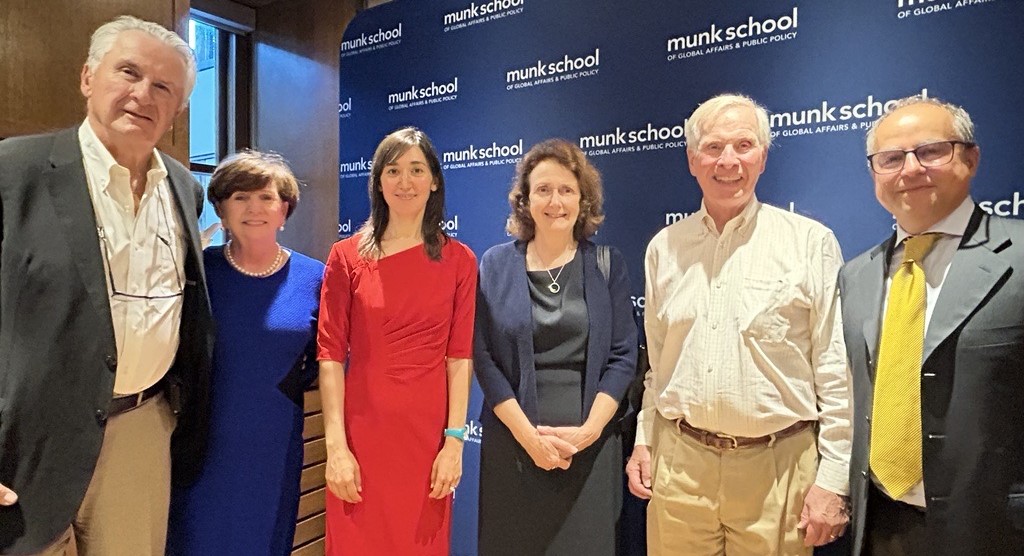
What does the price of Triscuits over decades at one California grocery store say about macroeconomic conditions? What do civil servants and academic researchers need to do to retrofit microfiche readers to painstakingly digitize historical data? These details came to the fore when Professor Emi Nakamura delivered the 2024-25 C. Malim Harding Visiting Lectureship in Political Economy on 30 September 2024. Among the members of the audience were faculty of the Department of Economics, the Department of Political Science, graduate students, and members of the Harding family including his son Victor, daughter Debbie, and their spouses.
The lecture, “Natural Experiments to Guide Macroeconomic Policy,” recognized that macroeconomic policy debates play a significant role in public discourse and raise several key questions.
“How does monetary policy affect the economy? How does fiscal stimulus affect the economy?” Nakamura asked.
While policy interventions happen for a reason, she acknowledged, those reasons aren’t always rooted in evidence. Unlike other scientists, macroeconomists don’t have the luxury of conducting a randomized trial. Nakamura asserts, there may be equivalents and highlighted an emerging literature in macroeconomics that tries to provide new answers to these questions using “natural experiments” and big data. These enable a broad range of research questions enabling researchers to use data relating the price of Triscuits at one California grocery store, or the cost of haircuts across national boundaries, to explore whether prices are flexible or sticky and different countries and states experience economic events differently.
Emi Nakamura is the Chancellor’s Professor of Economics at the University of California at Berkeley where she co-directs the Macro Policy Lab. Investigators at the lab bring a variety of novel data sources and empirical methods, including measures of prices and economic growth at the state and local level, high frequency financial data, cross-country historical data, and granular “big” data on prices and individual households. Their hope is that better empirical evidence on key macroeconomic questions will increase the role of data-driven decision-making, and reduce the role of ideology, in macroeconomic policy.
Malim Harding, an alumnus of the former Department of Political Economy, endowed the Malim Harding Visting Lectureship in 1987. Its purpose is to invite distinguished scholars to share insights from political science or economics with a special focus on current issues of public policy. Each department takes responsibility for planning and promoting lectureship in alternate years. The lecture can be viewed on YouTube.
Return to the Department of Economics website.
Scroll more news.
